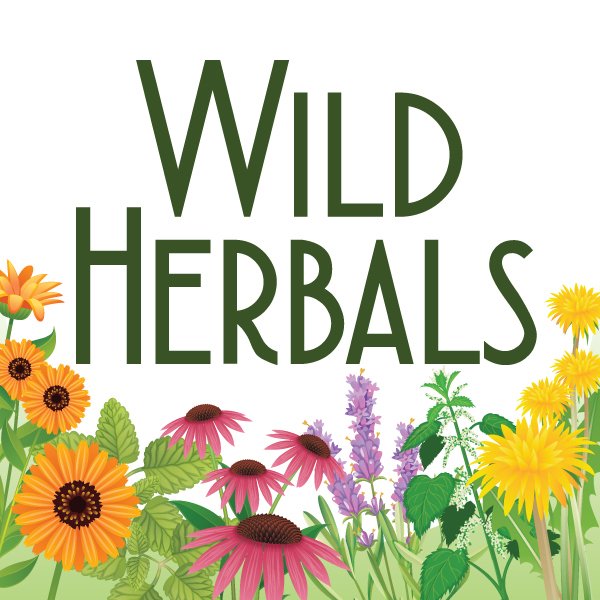Products made from plants have been used to treat diseases and maintain health are called herbal products, botanical products, or plant medicine. Many prescription drugs and over the counter medications are also made from plant products, but contain only purified ingredients and are regulated by the FDA. Herbal products come in many forms, such as dried, chopped, powdered, capsule, or liquid. They can be swallowed as pills or tinctures, brewed as a tea, applied to the skin as lotions or creams, or added to bath water.
The use of herbals has been used for thousands of years. Today, many American consumers purchase and use supplements each day. While herbals can help support the body systems, they are not for everyone and can interact with conventional medications and have strong effects. It’s important to understand the impact supplements play in the role of health and wellness. The reason herbals are not regulated is because the FDA consider them to be foods, not drugs. They are not subjected to the same testing as prescription drugs. Anyone who is considering adding a supplement to their daily regimen should talk to their doctor prior to starting.
THE DIFFERENCE
One of the ways herbal medicine is different from conventional medication is due to the varying conditions in which it is grown. While prescription medication is often synthetic and consistent, the constituents of plant material is based on its growing conditions. Rather than the elements of the plant grown under scrutiny, the plant is with sunshine, rain, and elements of the soil and its surroundings. Each season is different, which means the plant is different depending on the amount of sun, rain, and soil conditions. Plant medicine has lower concentrations of the active principles, and relies on energetic principles for achieving healthy results. Each person’s constitution and bio-individuality determine the effectiveness of herbal supplements. There are many plants that can be used in similar ways. While prescription antibiotics are consistent and over used, it has caused resistance with antibiotic use. Whereas, plants do not have the same elements each time, and the bacteria does not become resistant to it’s effects.
HERBAL TEAS
Tea, next to water, is the least expensive beverage a person can consume. Teas have been considered a health promoting substance for centuries. The consumption of tea, both green and black, has also been shown to be useful for prevention of many debilitating human diseases that include maintenance of cardiovascular and metabolic health. Various studies suggest that certain compounds present in green and black tea are associated with beneficial effects in prevention of cardiovascular diseases, particularly of atherosclerosis and coronary heart disease.
ACCEPTANCE WITH CAUTION
Plants and plant medicine have an important place in our health and wellbeing. However, herbal and natural medicines do carry risks, so please seek advice from a trained professional such as a qualified herbalist, neuropath or functional doctor. Mind-body medicine can be considered as a complementary or an alternative mode to the traditional Western medicine. Today, we have access to a lot of information, and it’s important to be your own advocate for health. No one knows you better than you know yourself. Live well.
Sources:
https://www.hopkinsmedicine.org/health/wellness-and-prevention/herbal-medicine


